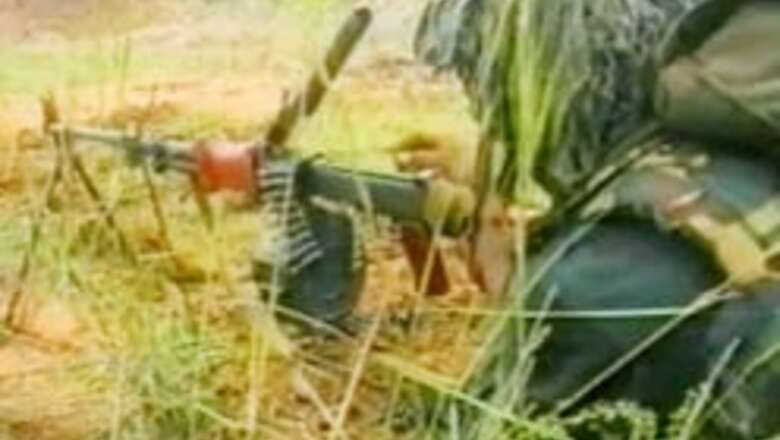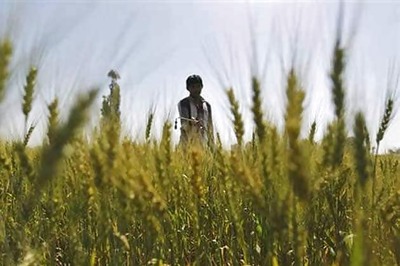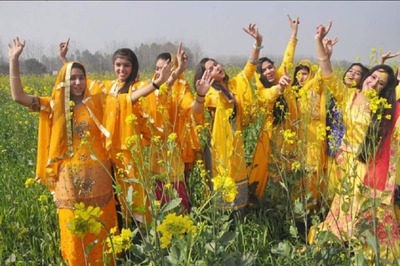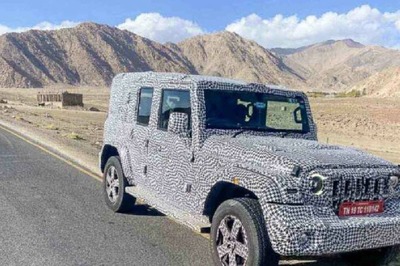
views
Colombo: The Liberation Tigers of Tamil Eelam (LTTE) has announced that its cadres are advancing on the Jafna Peninsula in Sri Lanka's North-east. A move that could kick off a full-scale civil war in the country.
The announcement was made by an LTTE official on Voice of Tigers, a radio station run by the outfit.
The LTTE claims it has breached Lankan Army defences in the north, destroying checkpoints in at the Muhamalai border crossing.
The Sri Lankan Army meanwhile has imposed a total curfew in various parts of Jaffna
Artillery fire continues from both sides. The Lankan Army is shelling LTTE-controlled Palai and Elephant Pass.
While the Tigers rained fire on the strategic port of Trincomalee, a vital maritime army -supply line to Jaffna.
LTTE attacked the key naval base in northeastern Sri Lanka on early Saturday as they mounted a fierce push to retake the northern Jaffna Peninsula, military officials and the rebels said.
''They have targeted navy camps in Trincomalee and fighting is going on at other places'' in Jaffna, military spokesman Maj Upali Rajapakse said. He said at least one civilian was killed and three others wounded in the attack on the navy base when rebel artillery hit civilian areas around the camps.
''There are many other casualties, but at the moment we can't confirm because fighting is still on,'' Rajapakse said.
The attack on the base in Trincomalee, which supplies 40,000 Sri Lankan troops stationed in government-held Jaffna Peninsula, comes amid some of the worst fighting since the two sides signed a 2002 Norwegian-brokered cease-fire.
Rajapakse confirmed the rebel push, but said the military had beat back the insurgents' advance. There was no independent confirmation of the events in the northeast.
The cease-fire was intended to halt more than two decades of bloodshed between the government and the LTTE, which has been fighting since 1983 for an independent homeland for ethnic Tamils in the north and east of the country.
The Tigers say ethnic Tamils can only prosper away from the domination of the Sinhalese majority and the government's pro-Sinhalese policies.
The ongoing conflict started when the rebels blocked the flow of water from a reservoir to government-held villages in the northeast on July 20, after accusing the administration of backtracking on a pledge to boost water in rebel-held areas.
Water is now flowing from the canal in Trincomalee district after the blockade was lifted earlier this week.
(With inputs from AP)




















Comments
0 comment